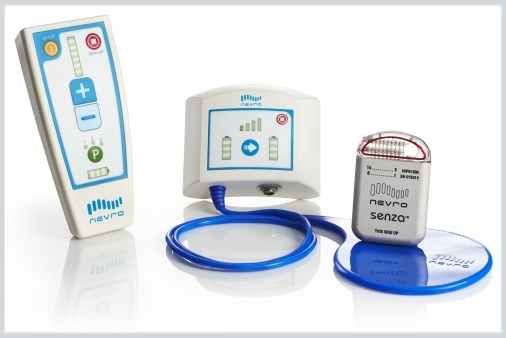A study published in Pain Medicine found that an individualized approach is needed for the successful transition from pediatric to adult care among patients with chronic pain.
This descriptive qualitative study was conducted at the University of Toronto in Canada. Patients (N=8) with chronic pain who recently transitioned from pediatric to adult care were surveyed about their experience using semistructured interviews.
Patients were aged median 19 (range, 18-23) years, 100% were women, 62.5% identified as having a disability, and 87.5% transitioned to adult care at 17 years of age.
The patients endorsed skill-building and utilization of tools for self-management and self-advocacy. The patients felt that health care providers (HCPs) should maintain an active role during their transition, bridging the gap between pediatric and adult care.
It was important that the patients felt heard, supported, and respected by their HCP. Patients placed importance on having a safe space to express their thoughts and needs about their pain symptoms.
Some patients used a transition coordinator and felt that their transition benefited from the coordination.
Patients said they benefitted from age-specific education and peer groups. Social support was important for many patients transitioning to adult care, advocating for peer support or mentorship groups making it easier to build networks of people that they could share their experiences with candidly.
Respect for autonomy and independence was a theme during the interviews. It was important for patients that their HCP strike a balance between respecting their caregiver’s involvement and establishing their independent management of pain.
This study was limited by its heterogenous study population. These findings may not be generalizable to men.
This study found that the transition to adult care for chronic pain requires individualized collaboration between HCPs and patients. Additional study is needed to evaluate specific indicators which may help guide HCPs during this transition process.
Reference
Oreper J, Khalid A, Sheffe S, Mustafa N, Vader K, Bosma R. Defining success in transitions from pediatric to adult chronic pain care: A descriptive qualitative study of perspectives of young adults living with chronic pain. Pain Med. 2022;pnac058. doi:10.1093/pm/pnac058





